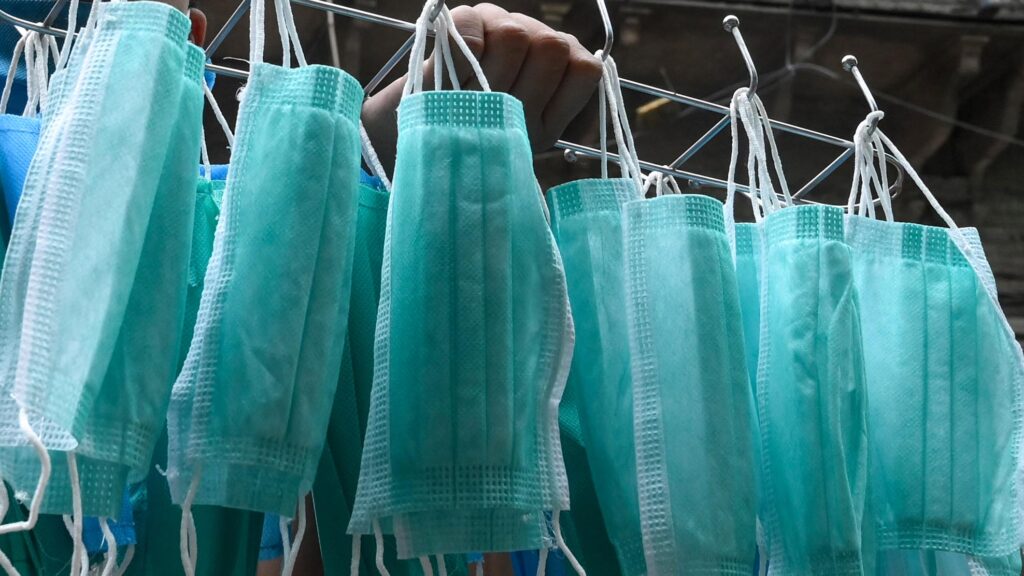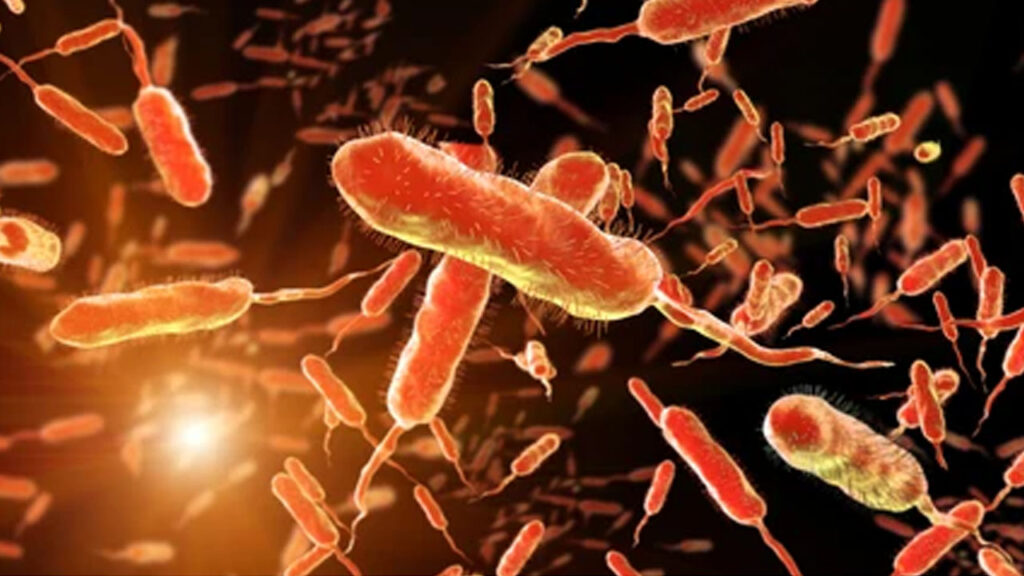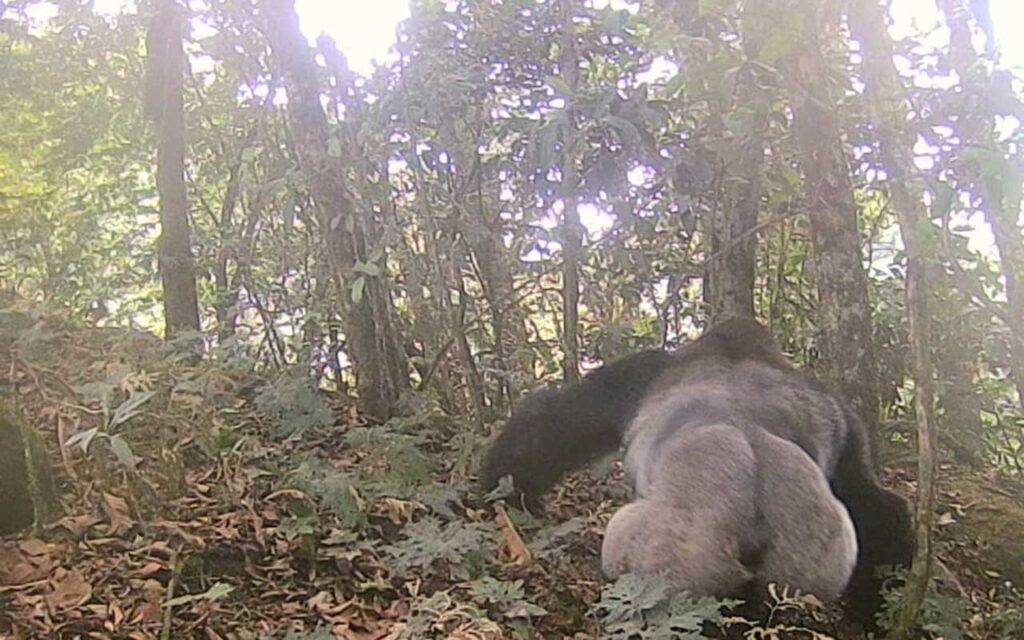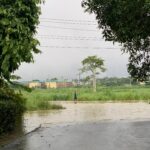[dailymotion code=”x7ypg7h” autoplay=”yes”]
Buoyed by reports that about 1.5 billion face marks made it into the planet’s oceans last year, environmentalists have urged the Lagos State government to initiate campaigns against the indiscriminate disposal of face masks.
They noted that despite the vital roles played by facemasks and other protective items in the fight against COVID-19, the materials have detrimental impacts on the environment if not well managed.
Inevitably, some of those items will end up in our ocean, where they can wreak havoc on the marine ecosystem.
According to them, the report by a conservation organisation, OceansAsia, that the number of face masks that made it into the planet’s oceans last year may be as high as 1.5 billion has raised an environmental threat to aquatic lives
The environmentalists are also concerned about the lack of campaigns in Nigeria on the impact of improper disposal of face masks and other protective items in the fight against COVID-19 on the environment.
Highlighting the concern, a Professor of Environmental Toxicology and Pollution Management of the University of Lagos, Prof. Adebayo Otitoloju, said there should be a counter-current campaign for the safe disposal of the face masks.
He noted that the nation’s solid waste disposal challenge had made most of her wastes end up in the ocean.
Governments, he said, should encourage the use of re-usable ones to minimise the ones that enter the landfills, stressing that vigorous campaign on proper disposal would help.
According to him, it is essential that as the campaign for the use of masks is going on to curtail the spread of the virus, there should be a corresponding campaign on proper disposal of used masks.
He said: “ We have to do a sort of counter-current campaign just to enable people to understand that yes, you are protecting yourselves against COVID-19, you just must ensure that you are protecting the environment especially most of these disposable ones have to be disposed of properly.”
Prof. Otitoloju said the campaign could even go to an extent in which there should be a designated bin for disposable waste like this kind of medical masks just to encourage people to dispose of it properly.
He urged the Lagos State government to look into the various components of the materials and determine the best way to dispose of them.
Supporting the call, an engineer and founder of Friends of the Environment (FOTE), Mrs. Joanna Maduka, said innovations that seek to improve renewable energy, and manage wastes, should be kicked- off by the government and other organisations as they are already doing about plastics and all the cellophane bags.
According to her, “nobody seems to do any campaign on it now in Nigeria and I am surprised that face mask will not be biodegradable.”
She pledged to work with Lagos State Environmental Protection Agency (LASEPA) to start a campaign on it.
On the threat, President, Society for Environmental Toxicology and Pollution Mitigation, (SETPOM), Dr. Nnamdi Amaeze said the problem of disposal of face marks looms large, especially in underdeveloped nations like Nigeria where there is either non-existent or a broken solid waste management system.
He noted that in Nigeria, there is no practice of waste segregation and where it exists, our capacity for solid waste recycling is at best minimal.
According to him, disposal of used nose masks is usually done in gutters, riverbanks, or in garbage mixed with other wastes.
“More so, beachgoers and sea fearers often dump masks in beaches and overboard respectively. In Lagos, it is common to sight nose masks in canals and floating in the lagoon. This seemingly lightweight Personal Protective Equipment (PPE) has far-reaching impacts on our rivers, lagoons, and the ocean.
“The lightweight gives them ease of movement, with the capacity to float for kilometers unending into the deepest reaches of the sea. Once in the sea, fishes unsuspectingly feed on them, resulting in blockage of their gills and stomach causing asphyxiation and death. In addition, the masks can entangle small fishes, crabs and molluscs (water snails), as well as causing death by strangulation.”
The environmental consultant and lecturer at the University of Lagos said large fishes like sharks and whales swallow large quantities of anything in sight when they open their mouth, thus can swallow plastics, including masks.
These, he said, settle in their gut, reducing their capacity to take in their normal food and impeding food movement in their guts, ultimately culminating in their deaths.













